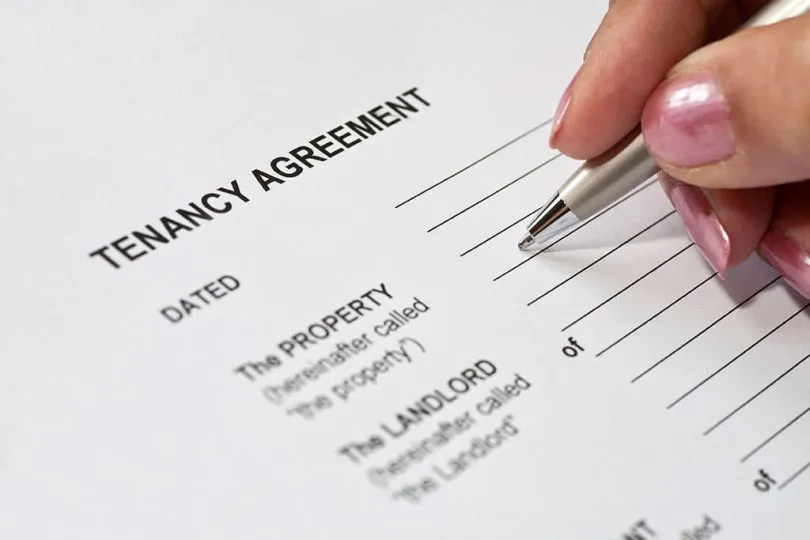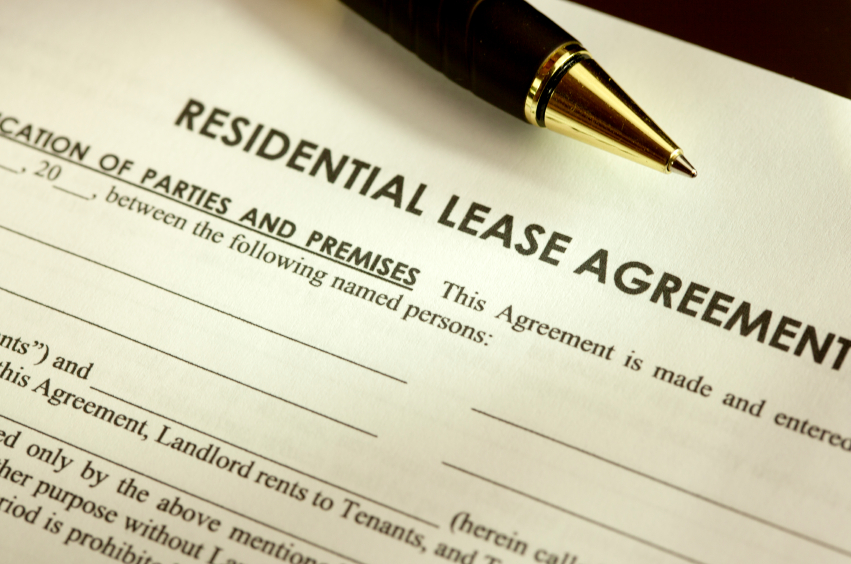
Renting out property might seem like a straightforward transaction—hand over the keys, collect rent, and everything runs smoothly. But in reality, landlord-tenant relationships can become complex without proper legal backing. One of the most overlooked yet vital tools in property management is the tenancy agreement.
Whether you’re leasing out a single room or managing multiple apartments, here’s why every property owner needs a tenancy agreement in place.
1. It Sets Clear Expectations
A tenancy agreement clearly outlines the terms and conditions of the rental arrangement. It includes:
- Rent amount and due date
- Duration of the tenancy
- Responsibilities of both parties
- Conditions for renewal or termination
This clarity helps reduce misunderstandings and ensures everyone knows their rights and obligations from the start.
2. It Protects Your Property
A well-drafted tenancy agreement protects your investment by:
- Preventing unauthorized alterations or subletting
- Placing responsibility for damages on the tenant
- Outlining conditions for maintenance and repairs
Without a written agreement, it becomes difficult to hold tenants accountable for actions that may affect your property’s condition or value.
3. It Provides Legal Backing in Disputes
Disagreements between landlords and tenants are common, especially regarding rent, repairs, or eviction. A signed tenancy agreement:
- Serves as legal evidence in court or mediation
- Helps resolve disputes more quickly
- Strengthens your case if eviction or legal action becomes necessary
It’s your first line of defense in protecting your rights as a property owner.
4. It Defines Grounds for Eviction
You can’t legally evict a tenant in Nigeria without following due process—and that begins with the terms in the tenancy agreement. It allows you to:
- Set rules for nonpayment of rent
- Establish notice periods for quitting
- Define unacceptable conduct or lease violations
Without this document, courts may view your eviction attempts as unlawful, putting you at risk of legal penalties.

5. It Helps With Tenant Screening
A formal agreement signals professionalism and seriousness. Tenants who are unwilling to sign or question fair terms may not be ideal renters. Having a tenancy agreement:
- Filters out unserious or high-risk tenants
- Builds trust with responsible tenants
- Creates mutual respect from the start
6. It Supports Business or Tax Records
If your property is part of a business or investment plan, having written agreements helps with:
- Documenting income for tax purposes
- Applying for loans or property insurance
- Tracking rent payments and lease history
It’s also useful during property audits or when selling the property with tenants in place.
7. It Encourages Professionalism and Peace of Mind
At the end of the day, having a tenancy agreement gives you peace of mind. You’re not operating on verbal promises or memory—you have a legally binding document that guides your relationship with the tenant.
It sets the tone for a professional and respectful arrangement, making rental management smoother and more predictable.
Conclusion
A tenancy agreement is not just a formality—it’s a necessary legal tool for protecting your property, income, and peace of mind. Whether you’re renting to a friend, family member, or stranger, never hand over your keys without one.
If you’re a property owner in Nigeria, make sure your tenancy agreement is:
- Written
- Signed by both parties
- Tailored to your specific property and rental conditions
- Reviewed by a legal professional (if possible)
